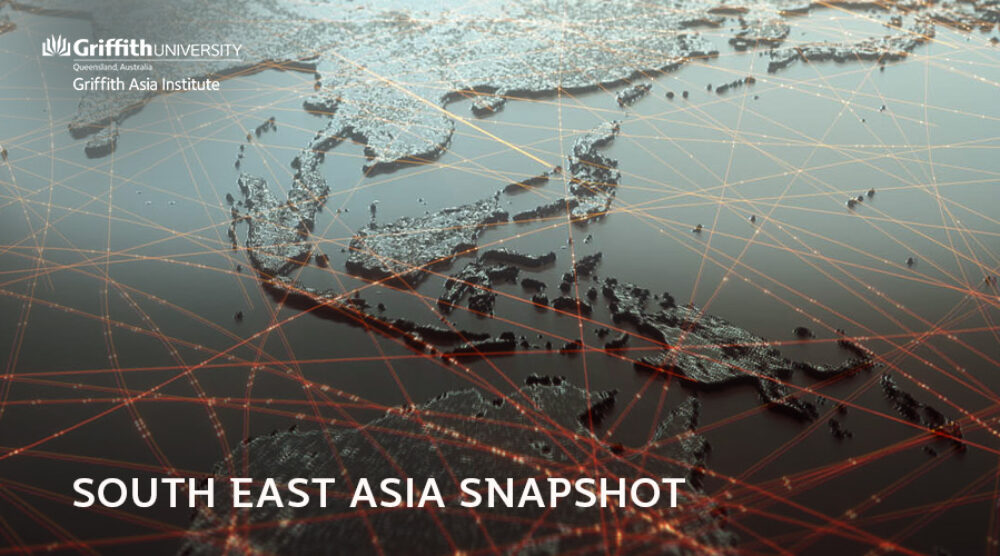A fortnightly snapshot of what’s making headlines in South East Asia.
Turmoil in Thailand
The recent youth demonstrations in Thailand are the country’s largest political gathering since the 2014 coup. But unlike previous mass demonstrations, there are subtle differences in the demographic and demands. Most notably, the demonstrators have not openly criticised the monarchy. Largely student-led, the peaceful protests are calling for elections, constitutional reform and an end to the harassment of opposition activists. With the Bank of Thailand forecasting the region’s second largest economy to contract 8.1% this year as a result of the coronavirus, the current unrest has been fuelled by economic woes, as well as growing public discontent towards the country’s elite. The government pressured social media giant Facebook to block access within Thailand to a popular online group that discusses the monarchy. State of Emergency COVID-19 controls were extended to 30 September, as the nation seeks to prolong its record of 3 months without community transmission.
Anniversary of Rohingya crackdown
This week marked three years since the Myanmar military brutally cracked down on Rohingya Muslims, driving hundreds of thousands across the border to neighbouring Bangladesh. Repatriation efforts remain unsuccessful, with agreements between Bangladesh and Myanmar being complicated further by logistical constraints, safety concerns and the coronavirus pandemic. With Myanmar to hold elections in November, reports have surfaced that some Rohingya candidates have been barred from contesting them.
Suicide bombing in southern Philippines
Militants aligned with the Islamic State were behind a suicide bombing that killed 14 (many of whom were soldiers) in Jolo town in southern Sulu province. The bombings are the deadliest this year, as the country grapples with the highest number of COVID-19 infections in South East Asia and what has been one of the world’s toughest lockdown periods. Defense Secretary Delfin Lorenzana accused Beijing of fabricating its ‘nine-dash-line’ claim to the South China Sea, sparking a fresh row between the nations over the disputed Panatag (Scarborough) Shoal.
Extremist groups look to capitalise on COVID-19 discontent
With unemployment spiking, little support for the informal sector and consumer spending low, there are concerns that Jakarta’s handling of the COVID-19 crisis has created an opportune moment for the Islamic State to recruit the next generation of extremists. Hundreds of Indonesian workers have protested against proposed legislation—the omnibus Bill on job creation—which would erode employee rights in favour of increased foreign investment.
AUTHOR
Dr Lucy West is a Senior Research Assistant at the Griffith Asia Institute.








